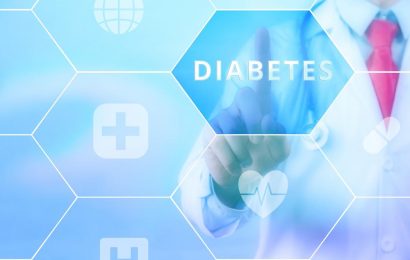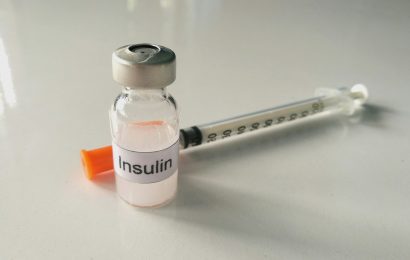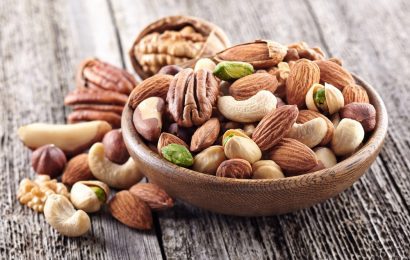Brenda just found out she has albumin in her urine. “I feel so guilty,” she told me. “If I’d taken better care, this might not have happened.” Juan has the opposite problem. “Nothing I do makes any difference,” he says. “My A1C stays up anyway. I feel so hopeless.”
Which is worse, feeling like diabetes problems are your own fault, or feeling that they’re totally out of your control? After my first book, The Art of Getting Well, I got a lot of flak from people who accused me of throwing guilt. “You’re saying people can get better if they take care of themselves,” critics would write. “So if they don’t get better, it must be their fault. That’s not fair.”
I agree that some mind/body advice can make people feel guilty. “If you got cancer, you must be thinking negative thoughts,” is a typical piece of mind/body snake oil that has hurt many people. But I don’t think I do that. Please let me know if I do, but what I have found is that most people would rather blame themselves than feel powerless.
Powerlessness is the most stressful feeling there is, far worse than guilt. If you feel guilty, then you think you could do something differently, and things could get better. That’s actually what Brenda said to me about her kidney problems. “I’ve started walking to work (about 2 miles) every morning,” she said. “I’m getting my sugars down a bit. Hope that helps with the albumin.”
Juan, on the other hand, feels he has tried everything, without results. “Maybe I don’t have the willpower,” he says. “But really, I do everything my doctor tells me to do, and some things I learned on the Web besides. But my sugars are still high. I’m ready to give up.”
My question is, can you take responsibility for doing the best you can, whether it’s with diabetes or something else in life, and still not beat yourself up if the results aren’t great? I think we have to realize many things are out of our control, but it’s worth trying to change the things we can control.
Of course, we don’t always know what we can control and what we can’t, and that’s where the guilty/powerless thing comes in. Is it best to err on the side of believing we have control, to avoid hopelessness, even if it makes us feel guilty like Brenda? Or does beating our head against a wall leave you, like Juan, feeling totally hopeless?
How do you walk that line? My own take, after 30 years of living with chronic illness, is not to take credit when things go well, or blame when they go badly. I try to do the best I can in the moment, day-to-day, monitor the results, hope for the best, and not be surprised if I don’t get it. Sometimes I do feel better, and I really try to enjoy that, and repeat whatever activity or treatment seemed to help!
How do you handle these twin threats of guilt and powerlessness? Do you have a way of making sense of all of it, not getting too high or too low, not making yourself any crazier than we have to? I’d love to hear about it.
***
Good personal news! I’ve been invited to teach a class at the new Free University of San Francisco. It doesn’t pay, but I’ve always wanted to teach at the college level, and now I’ll get the chance! My class is called “Self-Care and Social Change,” and it will run one evening a week for 5 weeks. E-mail me if you’re interested in finding out more.
Also, I’ve been asked to speak at the American Association of Diabetes Educators (AADE) national conference in Las Vegas in August, on “Sex Secrets of People with Diabetes.” Let me know if you’re going to be in Vegas so we can meet up.




